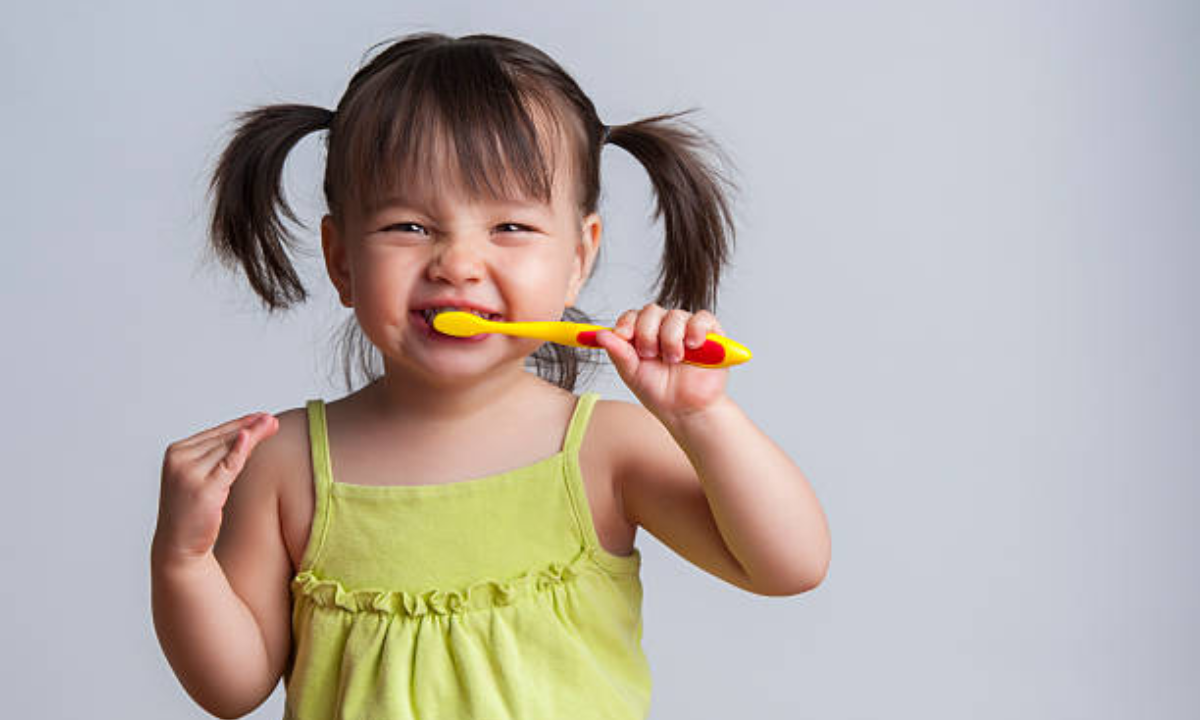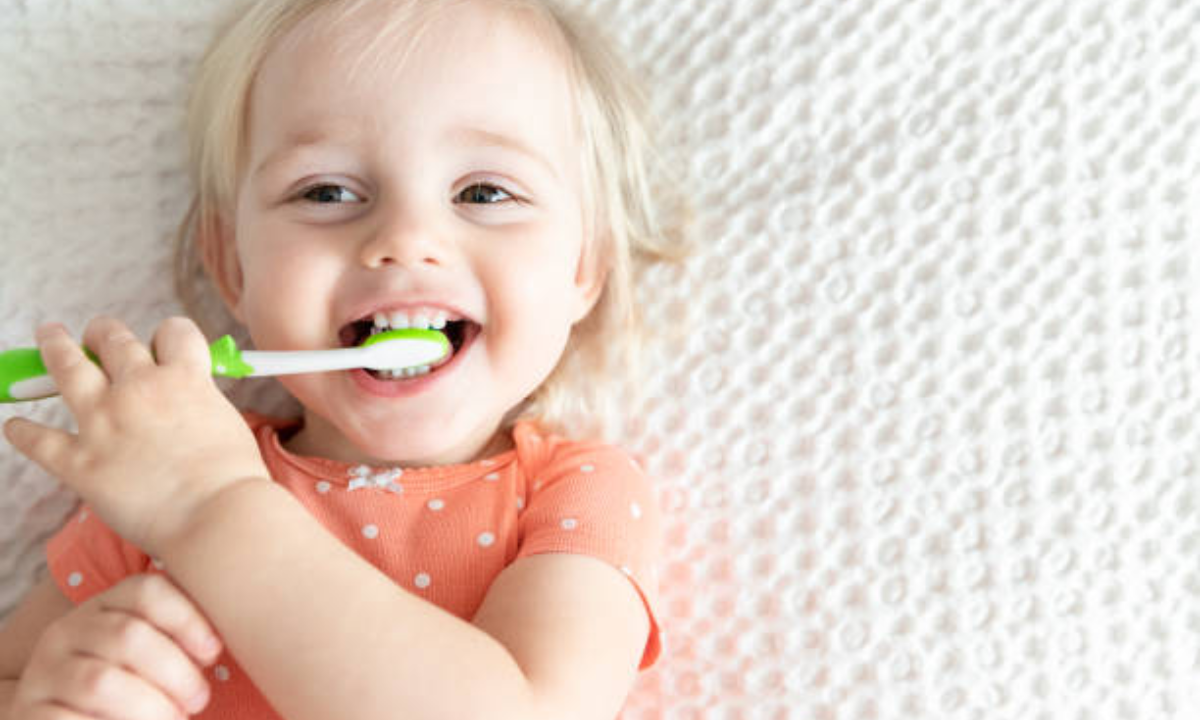Maintaining a child’s oral health begins early, even before the first tooth appears. Instilling good oral hygiene habits in toddlers is essential for ensuring strong, healthy teeth as they grow. Parents often wonder when to start brushing and flossing their toddler’s teeth and how to do it effectively. This guide provides practical brushing and flossing tips that will help toddlers develop healthy dental habits from a young age. With the right techniques, you can make brushing and flossing a fun and easy part of your daily routine.
Key Tips for Toddler Oral Hygiene
Before diving into brushing and flossing techniques, it’s important to understand why early dental care is critical. Baby teeth, though temporary, play a crucial role in speech development, chewing, and creating space for permanent teeth. Regular visits to a dental clinic in Whitefield, Bangalore can help monitor your child’s dental health and address any potential issues early on.
Pediatric Dental Care in Bangalore
If you’re in Bangalore, finding a trusted pediatric dentist is crucial for ensuring the best oral health care for your child. Clinics like Whitefields Dental Clinic offer specialized pediatric dental services to help guide you in caring for your child’s teeth. A pediatric dentist focuses on children’s unique dental needs and ensures that their oral care is handled gently and efficiently. In addition to checkups, they offer advice on brushing, flossing, and nutrition to keep young teeth healthy.
When Should You Start Brushing?
Many parents are unsure of when to start brushing their toddler’s teeth. Ideally, you should begin cleaning your baby’s gums even before the first tooth appears. A soft, wet cloth can be used to gently wipe the gums, which helps prevent bacteria buildup. Once the first tooth emerges, switch to a soft-bristled toothbrush designed for infants.
By the age of 2, you can start using a tiny smear of fluoride toothpaste, about the size of a grain of rice. Gradually increase the amount to a pea-sized portion when your child reaches 3 years old. Fluoride helps in strengthening the enamel and preventing tooth decay, but it’s crucial not to use too much since toddlers tend to swallow toothpaste.
Tips for Brushing Toddlers’ Teeth
- Create a Routine: Consistency is key to building good habits. Set specific times for brushing—preferably after meals and before bedtime.
- Make It Fun: Turn brushing into a fun activity by letting your child pick their toothbrush or playing their favorite song during the process. A fun character-themed toothbrush can add excitement to brushing time.
- Lead by Example: Children love to mimic what adults do. Brush your teeth with your child to show them how it’s done. This not only teaches them the correct technique but also makes it a bonding activity.
- Use Circular Motions: Teach your toddler to brush in small, gentle circles to clean all surfaces of their teeth and gums. This technique ensures plaque removal without damaging delicate gums.
- Brush the Tongue: Bacteria also accumulate on the tongue, leading to bad breath. Encourage your child to gently brush their tongue to keep their mouth fresh.
When Should You Start Flossing?
Flossing is another important part of dental care that should begin as soon as your toddler’s teeth start to touch. This usually happens around the age of 2 or 3. Flossing helps remove food particles and plaque that brushing may miss, particularly between teeth. Since young children lack the coordination to floss on their own, parents should do it for them until they can handle it independently, typically around age 8.
Tips for Flossing Toddlers’ Teeth
- Use Floss Sticks: Floss sticks or floss picks are easier for parents to use on toddlers than traditional floss. These tools are more convenient and can make the process quicker.
- Be Gentle: Slide the floss gently between your toddler’s teeth and curve it around each tooth in a “C” shape. Avoid snapping the floss as it can hurt their gums.
- Floss Once a Day: Make flossing part of the bedtime routine to ensure that your child goes to sleep with a clean mouth, free of food particles that could lead to cavities.
Dealing with Resistance to Brushing and Flossing
It’s common for toddlers to resist brushing and flossing, but there are ways to make it easier:
- Offer Rewards: A sticker chart or small rewards can motivate children to brush and floss regularly.
- Give Them Choices: Letting them choose their toothbrush, toothpaste, or the order in which to brush can make them feel more in control and less resistant.
- Stay Positive: Always encourage and praise your child after they brush or floss, even if they don’t do it perfectly.
The Role of a Pediatric Dentist in Developing Good Habits
Regular visits to a pediatric dentist are essential for maintaining your child’s oral health. A kid’s dentist can offer valuable advice on brushing and flossing techniques, fluoride use, and proper nutrition for healthy teeth. Additionally, pediatric dentists can catch early signs of cavities or other dental issues, ensuring your child receives timely treatment.
For residents of Whitefield, Bangalore, the Whitefields Dental Clinic offers comprehensive dental care tailored specifically for children. Their experienced pediatric dentists create a welcoming environment where children feel comfortable, ensuring a positive dental experience from a young age.
Other Oral Health Tips for Toddlers
- Limit Sugary Snacks and Drinks: Diet plays a huge role in oral health. Limit sugary snacks and drinks, such as candies, juices, and sodas, as they can contribute to tooth decay.
- Encourage Water: Drinking water, especially after meals, helps wash away food particles and keeps the mouth hydrated.
- Monitor Pacifier and Thumb Sucking Habits: Extended use of pacifiers or thumb-sucking can affect the alignment of your child’s teeth. Consult your kid’s dentist if these habits persist beyond age
Transitioning to Independent Brushing
As toddlers grow, they will gradually develop the motor skills needed to brush on their own. By the age of 6, most children can brush independently, but parental supervision is still essential to ensure they’re brushing correctly and for the right amount of time.
Consider using a timer or a toothbrush with a built-in timer to make sure your child brushes for the recommended two minutes. Continue to monitor their flossing habits and visit your dental clinic in Whitefield, Bangalore regularly for professional cleanings and checkups.
Conclusion
Building good brushing and flossing habits in toddlers is crucial for their long-term dental health. Starting early and making oral care a fun, routine part of your child’s day will set them up for success. With the guidance of a kid’s dentist and regular visits to a dental clinic in Whitefield, like Whitefield Dental Clinic, you can ensure that your child enjoys strong, healthy teeth for years to come.
Growing Smile Dentists is a well-known dental clinic in Whitefield that offers pediatric dentistry. Many parents are happy with the friendly and caring service offered and good online reviews praising the doctor’s patience and attention to child comfort.


